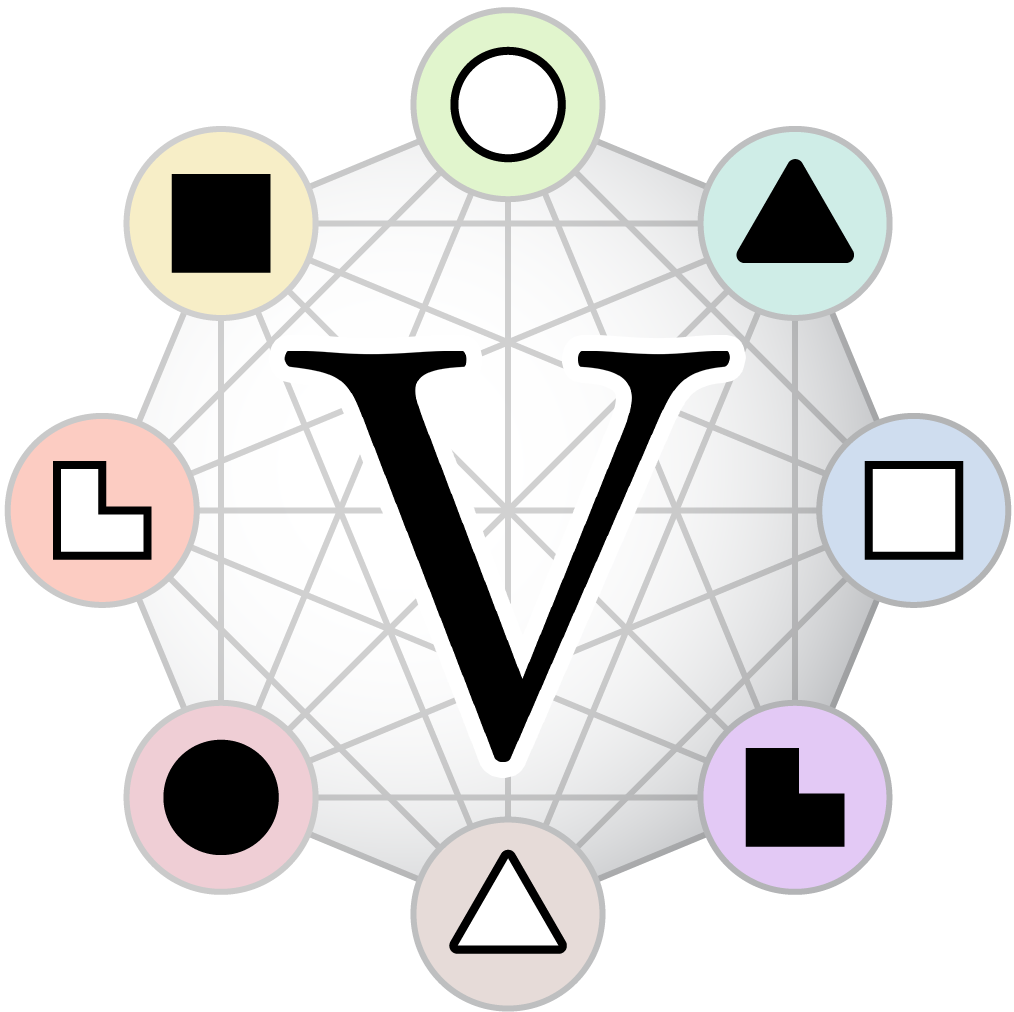User:Luke/Static-Percieving correlation
| This page or section needs work. |
Static-Percieving Correlation
The Static-Percieving (or Dynamic-Judging) hypothesis is a proposed correlation between the Static/Dynamic dichotomy (in Socionics) and the Judging/Percieving dichotomy used in the Myers-Briggs Typology. If correct, it states that introverts of a rational type will tend to score as Percievers on a Myers-Briggs based scale, and introverts of an irrational type will tend to score as Judgers. Extroverts by contrast would tend to be rational when indicated as Judging, and irrational when Percieving. This proposed dichotomy would be functionally identical to the Reinin dichotomy of static/dynamic.
If correct, this could render any use of the 4-letter terminology borrowed from Myers-Briggs, with the J/P Switch incorporated as potentially misleading, particularly when the fourth letter is left capitalized. However, it would open the door to a unification of the two typologies. On a basic level there are about three possibilities:
- 1. The MBTI does not produce results that are strongly correlated to Socionics. This is currently the mainstream opinion within the Socionics community. Note that the only ambiguity necessary to account for this would be in the fourth letter, but ambiguities with the other letters are generally posited to exist which would further complicate the issue.
- A simplified example would be if 50% of introverts of a given type were indicated as J while being a Socionics rational, and 50% were indicated as P while being Socionics rational, and if these results were indistinguishable to the majority of MBTI-trained professionals. This would make someone's "best-fit" Myers-Briggs type a statistically meaningless factor in determining their rationality, or vice versa.
- 2. The MBTI produces results which are strongly correlated, but not in the way expected by MBTI-trained professionals. This is the basic reasoning implied by the J/P Switch, although likely not the true motivation for doing so. In this case, MBTI types strongly correlate to where any J type is rational (i.e. their leading function is either a T or F function) and any P type is irrational (dominated by a S or N function.) If true, this possibility would make translation between the systems unnecessary, except perhaps in a minority of cases considered "borderline" by one system or the other.
- An ILI would be an INTP in this case, meaning that ILI's who believe themselves to have introverted intuition as a leading function must be deluded. Any true LII who believes themself to be a Perciever would also be incorrect. In this case, Ij and Ej would be at opposite poles of the Static/Dynamic dichotomy, as would Ip and Ep.
- 3. The MBTI is correlated to Socionics, in the way suggested by Isabel Myers, which was that introversion altered the rationality of the J/P variable. In this case, the J/P letters would coincide exactly with the Dynamic/Static dichotomy. Assuming it correlates in a way that EJ is rational and EP is irrational, this would imply that IJ is dynamic-irrational and IP is static-rational.
In cases 2 or 3, a unifying theory of the two typologies is clearly possible, although differences of opinion would need to be worked out regarding borderline cases. However, in case 1 it is not possible due to a lack of continuity between the systems. This could be the case if
- a) Jung's system was sufficiently vague that two parallel but independant systems could be derived from it, or
- b) one system or the other is not sufficiently developed to reliably detect personality types.
Assuming that Jung's work was clear enough, a belief in Socionics as being sufficiently developed is necessarily a criticism of the Myers-Briggs Typology, and vice versa. Since the majority of the western world is familiar with the latter to the point of trust, it is necessary for non-correlationist Socionists to either defend a) by contrasting the two in a way that proves that they are different in essence, or b) by demonstrating the superiority of Socionics as a model of the psyche.
